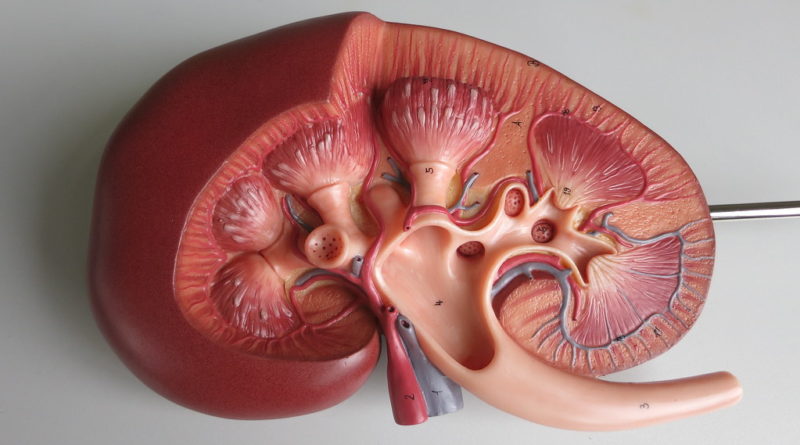Everything You Need to Know About AV Fistula and Grafts
Dialysis is a medical treatment that helps to save the lives of patients with kidney failure. Kidney failure means that the kidneys are functioning inadequately and cannot filter waste from the blood effectively. The dialysis process replaces the function of the kidneys by filtering and cleaning the blood. For hemodialysis treatment, patients need vascular access to allow blood to flow from and to the body during the process. AV grafts and AV fistulas are the long-term options for vascular access. Below is more detailed information about AV fistula and grafts worth knowing.
AV Fistulas
 AV is an abbreviation for arteriovenous, which refers to the connection between a vein and an artery. Arteries are the blood vessels carrying blood rich in oxygen from the heart and lungs, while veins carry oxygen-depleted blood to the lungs and heart. Typically, AV fistulas are created either in the forearm or in the upper arm. Creating the fistula involves a surgical procedure that joins an artery to a vein.
AV is an abbreviation for arteriovenous, which refers to the connection between a vein and an artery. Arteries are the blood vessels carrying blood rich in oxygen from the heart and lungs, while veins carry oxygen-depleted blood to the lungs and heart. Typically, AV fistulas are created either in the forearm or in the upper arm. Creating the fistula involves a surgical procedure that joins an artery to a vein.
AV Graft
An AV graft is also usually placed in the arm. However, it is different from the AV fistula in that it involves using a synthetic tube to connect a vein to an artery surgically. The tube then functions similarly to a vein and carries blood through the access.
The idea behind both fistula and graft is to direct blood directly from an artery to a vein. The result is that the blood pressure in the veins increases. The vein becomes enlarged, and the increased blood flow makes it possible for blood to flow through the dialysis machine at the right flow rate for cleaning, filtering, and removing excess fluid.
Advantages of AV Fistulas
Generally, fistulas are considered more advantageous compared to grafts. They are less likely to resulting blood clots or infections. They are also long-lasting. Fistulas are also more natural, given that they are formed from the patient’s native blood vessels. Other advantages are fistulas are less expensive compared to other options and require less maintenance.
Disadvantages of AV Fistulas
There are a few drawbacks associated with AV fistulas. The first one is that the fistula takes more time to mature or develop. The condition of some patients, such as those with end-stage renal disease, might not allow them to wait the long time fistulas take to mature. Creating a fistula might also not be possible for patients with weak or small veins.
Advantages of AV Grafts

Some of the top advantages of AV grafts are they are suitable for patients with weak or small veins, require less time to mature, and can still be replaced with a fistula eventually.
Disadvantages of AV Grafts
The main disadvantage of AV grafts is they are made from synthetic materials, meaning they are more prone to clotting and infections.…
Read More
